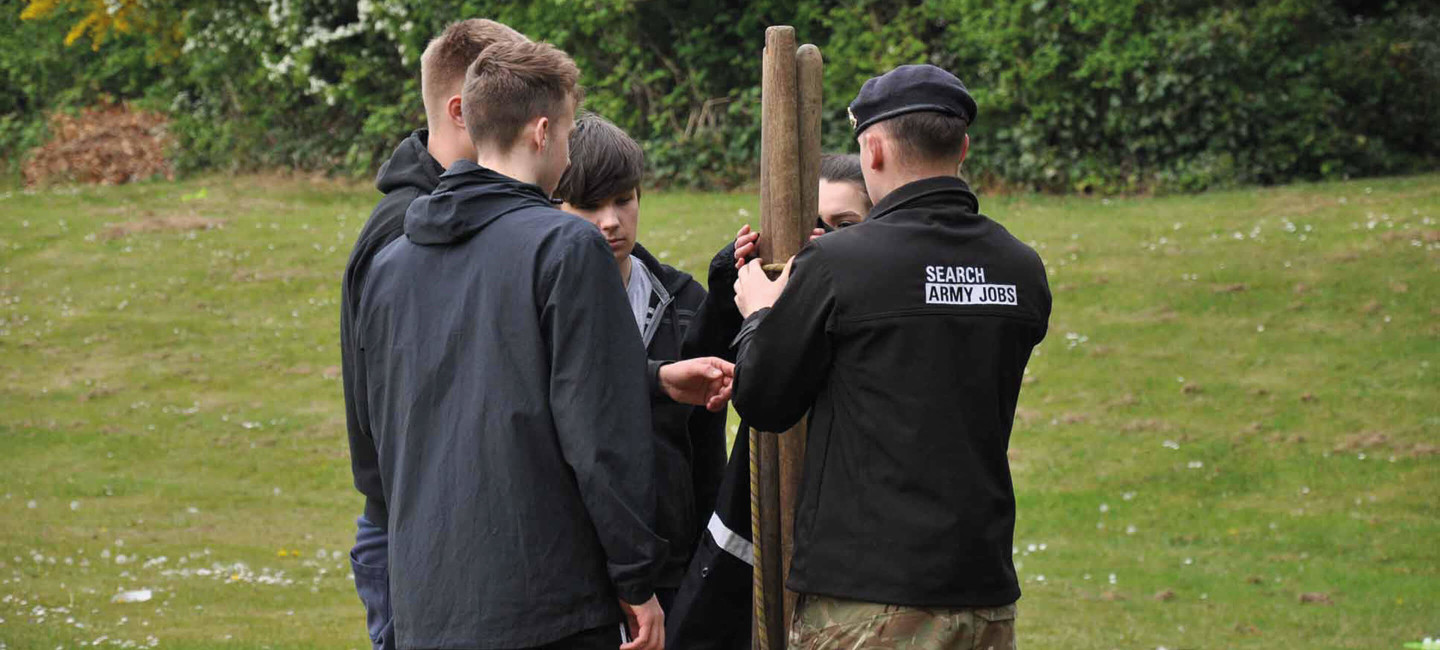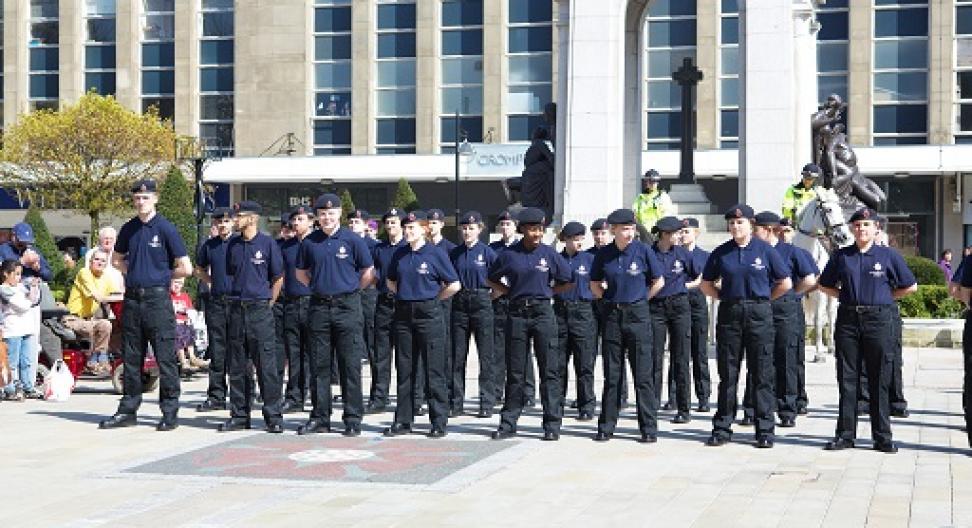
Commitment to public good. For federal leaders to achieve their agencies’ expansive missions that promote the general welfare of the American people, they need a deep-rooted service orientation and commitment to the public good. Read our article in the MIT Sloan Management Review. Read the call to restore the stewardship of public trust Sep 08, · This portal provides information for students, parents, alumni and community members so they can easily access undergraduate course syllabi along with instructors' curricula vitae. TTU faculty members are skilled educators, who dedicate their lives to advancing learning, teaching, research and service Course #: EC Description. This course is designed to train licensed Amateur Radio operators who will be in leadership and managerial roles organizing other volunteers to support public service activities and communications emergencies
Public Service Orientation - CSPS
HOME BECOMING SELF-AWARE ENGAGING OTHERS LEADING CHANGE ACHIEVING RESULTS CORE VALUES CASE STUDIES. Read our article in the Harvard Business Review, public service course work.
Read the call to action from our Government Leadership Advisory Council. The model identifies four key leadership competencies that government leaders need to master to best serve our country in the 21st century.
Within each of the four competencies, we identify five subcompetencies, public service course work, adding a level of detail to the blueprint of leadership effectiveness. Leaders can use the model as a guide to steer their growth and make decisions at different stages of their careers. Agencies can use the model as a standard for building and measuring overall leadership effectiveness.
Becoming self-aware begins with an understanding of public service course work values, thought patterns and motivations. Being reflective in this way is essential to better interactions. When engaging others, leaders foster a culture that encourages team members to offer feedback, recognize good work and pursue professional development.
Leading change in a federal environment means initiating, sponsoring and implementing innovative solutions. Leaders also help others be successful. Achieving results means managing skillfully, thinking strategically and making good decisions that deliver measurable outcomes. Take our Public Service Leadership Model Benchmark Quiz to find out how you score public service course work each leadership competency.
This will help you know what areas you need to focus on in public service course work professional development. Given the vast and unmatched influence, power and resources of our government, affecting the United States and the world, trust in federal leaders and their integrity is paramount.
Federal leaders represent the American people and must be held to the highest standard. They are stewards of the Constitution, taxpayer dollars and the workforces they lead. Read our article in the MIT Sloan Management Review. Read the call to restore the stewardship of public trust.
Our Government Leadership Advisory Council includes the best thinkers in the field of public service leadership—in this video they share their reflections and call to action on the value of stewardship.
Each leadership competency is critical for all government leaders—but leaders will apply them differently depending on their role and rank within their agencies. These competencies apply to supervisors and technical experts alike. All rights reserved. Partnership for Public Service Best Places to Work Center for Presidential Transition Go Government Service to America Medals Alliance for Congress.
Public Service Leadership Model The standard for effective federal leadership HOME BECOMING SELF-AWARE ENGAGING OTHERS LEADING CHANGE ACHIEVING RESULTS CORE VALUES CASE STUDIES, public service course work. This model is the new standard for effective federal leadership.
By using the model, leaders can evaluate their performance, assess their leadership progress and chart a course for self-improvement, public service course work. The Essential Competencies for Government Leaders The model identifies four key leadership competencies that government leaders need to master to best serve our country in the 21st century.
Becoming Self-Aware Becoming self-aware begins with an understanding of your values, thought patterns and motivations. Learn More. Engaging Others When engaging others, leaders foster a culture that encourages team members to offer feedback, recognize good work and pursue professional development. Leading Change Leading change in a federal environment means initiating, sponsoring and implementing innovative solutions. Achieving Results Achieving results means managing skillfully, thinking strategically and making good decisions that deliver measurable outcomes.
How does this apply to you as a leader? Take the Quiz Public Service Leadership Model Benchmark Quiz. Seek and act on feedback for self-improvement.
Use setbacks and mistakes as opportunities for growth. Build trust with colleagues and partners. Create an environment where people of diverse backgrounds can succeed. Seek to understand and be inclusive of other views when resolving conflict. Articulate a clear vision and effectively convey it to others.
Identify and apply key improvements in processes, products and services to achieve outcomes. Take calculated risks to get results. Aware of my role in the larger system and savvy about operating within that system to get things public service course work. Listen to customers' experiences with processes, products and services and make continual improvements accordingly.
Build mutual accountability with colleagues and partners. Types of Government Leaders by Role Each leadership competency is critical for all government leaders—but leaders will apply them differently depending on their role and rank within their agencies. Click on a role below to learn about its competencies. Emerging Leader. Leader of Teams or Projects. Leader of Leaders. Leader of Organizations.
What’s the Public Service course really like?
, time: 5:06Center for Public Service |

A Day in the Life of an NYU Wagner Student: Veronica Manning (MPA ) Starting with work as the Executive Director of a nonprofit organization in New Jersey and ending with class in Washington Square, Veronica Manning (MPA-PNP) described a typical day in her life as an NYU Wagner student Sep 08, · This portal provides information for students, parents, alumni and community members so they can easily access undergraduate course syllabi along with instructors' curricula vitae. TTU faculty members are skilled educators, who dedicate their lives to advancing learning, teaching, research and service The Online Executive Master of Public Service & Administration (EMPSA) educational experience culminates with a final, required capstone project, in which executive students work collaboratively on a public service and administration project in conjunction with a government agency or nonprofit organization
No comments:
Post a Comment